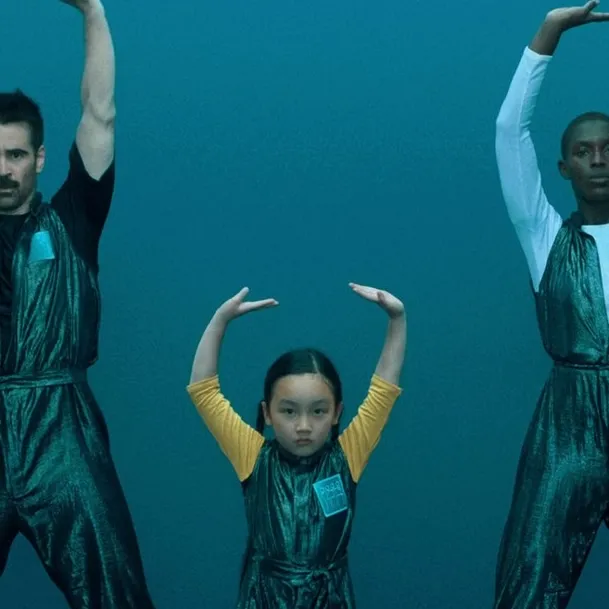Spoiler warning: Out of necessity, I have to reveal the plot in order to discuss my opinions of this film.
On the surface, this movie is fun to watch. It’s suspenseful and propulsive, and features a great performance by the lead actor, Willa Fitzgerald. However, I ended up disliking it after giving it a few minutes’ thought.
Read more… 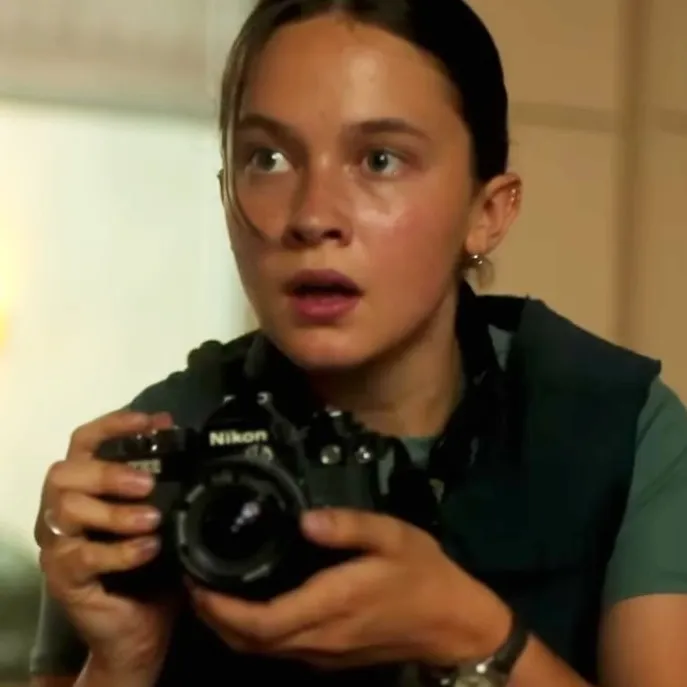
It’s been a couple of weeks since the US presidential election, which seems like the perfect time to watch this film. During my viewing, I held a question at the back of my mind: could America actually erupt into violence? It’s depicted so realistically in the film that sadly, I feel like the answer is yes. But also, the film avoids commenting on the specific political realities that would lead to such a scenario, which I think is to its credit. If its messaging were too true to life, I would be so filled with dread while watching it that I would miss the more personal story at its core.
The protagonists of the film are photographers who pride themselves on documenting the truth in a neutral way. As someone who dabbles in photography, I bought into the film’s insistence on the power of images. Visually, the film gets a lot of mileage out of juxtaposing iconic American imagery—e.g. a Christmas village, a small-town Main Street, the many monuments of Washington D.C.—with soldiers in battle. The action scenes are intense and appropriately scary. Ultimately, the movie shows the inevitability of war journalists becoming hardened and traumatized by the death that surrounds them, and makes you wonder if it’s worth it.
letterboxd link
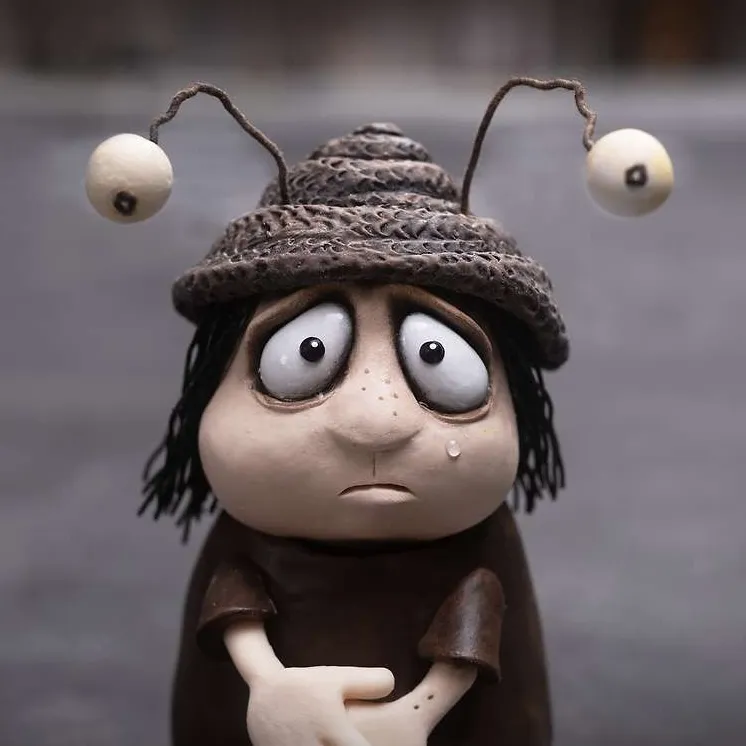
For this year’s first TIFF Secret Movie Club screening, we saw this Australian stop-motion animated film, about the tough life of a young woman who loses her family to various tragedies. Her emotional refuge is collecting—and hoarding—snails and snail-related paraphernalia; anything that evokes the spiral shape of a snail shell is irresistible to her. Like Uzumaki, this manifests as dense repeated visual patterns that I’m sure would reward repeat viewings. The jerky motion of claymation is inherently “cute,” but the colour palette of mostly browns and greys, as well the perpetually droopy-eyed expression of the protagonist Grace, serve to offset the quirkiness with a dour mood.
One of last year’s Secret Movie Club selections, The Iron Claw, depicted so much tragedy and loss that were it not based on a true story, I would think that the writers were overdoing it, sacrificing believability in order to tug at viewers’ heartstrings. Memoir of a Snail, because of its biopic-like structure, and of course, its title, had me believing that it also was a true story, despite its fantastical and whimsical visuals. I kept thinking, Wow, how did this person endure so much pain and trauma?, as if it were a real person.
It’s only in hindsight that I realize that it must be mostly fiction. Unfortunately, this leaves me feeling deceived. In my opinion, by putting its main character through the ringer, only to give her a twist happy ending, the film strays into emotionally manipulative territory. In the Q&A session afterwards, writer/director Adam Elliot says that he wants to achieve two things with his films: make the audience laugh, and make the audience cry. I think he tries a little too hard to reach this goal.
letterboxd link

I watched this movie before TIFF, and then I got busy with my “coverage” of the festival, followed by a vacation. But the film left enough of an impression on me that I wanted to circle back and write down a few thoughts.
I opted to watch this rather lengthy movie one hour at a time, over three consecutive days. It’s an unfortunate fact of life that it’s rare for me to be able to spend 3 uninterrupted hours doing any one thing.
As it happens, Drive My Car works really well as a kind of miniseries with roughly one-hour episodes. The film’s pace is definitely slow, with plenty of quiet passages where characters travel in—you guessed it, a car—but it didn’t test my patience, partly because I was coming to it fresh every day. There’s also a clear three act structure to the story, which lines up nicely at the hour marks.
The protagonist, Kafuku, is a stage actor and director, who is grieving the loss of his wife. His feelings are complicated, as he is aware that she was having a secret affair with another man. In an ironic turn, Kafuku heals partly by meeting and “befriending” the man who cuckolded him (although “be-frenemy-ing” might be a better term for it). In their tense conversations, the two men never explicitly mention the affair, but they both know that they both know.
Read more… 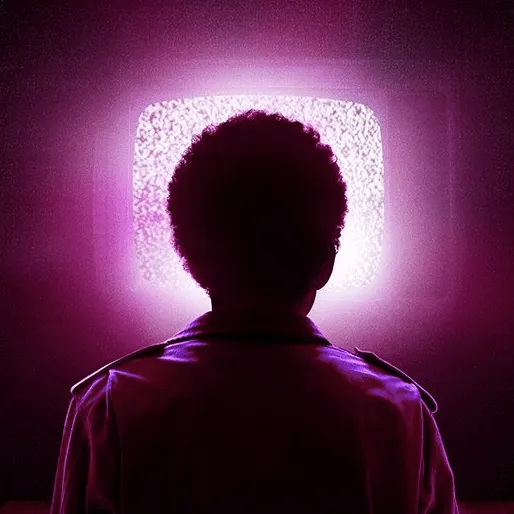
This is a moody film, about a pair of friends who bond over a fantasy-action TV show as teenagers. As they enter adulthood, it appears that one of them has disappeared into the world of the show, leaving the other one “stranded” in a miserable suburban life. When I say “moody,” I refer to the creative lighting choices and surreal editing (👍), but also to the acting style, which is monotonous and mumbly throughout (👎).
I understand that the film is an allegory for the trans experience, and I respect it for that. The friend who lives out their life in the “real world” is filled with pain and regret because they didn’t get to exist as their true self in the world of the beloved TV show. However, if I didn’t know ahead of time what the metaphor stood for, I don’t think I would have made the connection on my own, and the film would have really dragged for me.
What I could relate to was being obsessed with certain shows in my youth. I’m reminded of the time that a friend called me for homework tips during Seinfeld’s Thursday night timeslot, and I got mad and yelled at him to get off the phone. Or the time when YTV aired a mid-season cliffhanger of Dragon Ball Z (right before Goku’s first Super Saiyan transformation), and I got so impatient for the next block of episodes that I used the new-fangled technology of the Internet to write a pleading letter to the TV station.
My point is, I know what it’s like to be passionate about a piece of entertainment. But in the film, the performances are so (intentionally) dreary that the emotion doesn’t come through. I was left feeling a bit empty by the film, even if I admired what it was trying to say.
letterboxd link
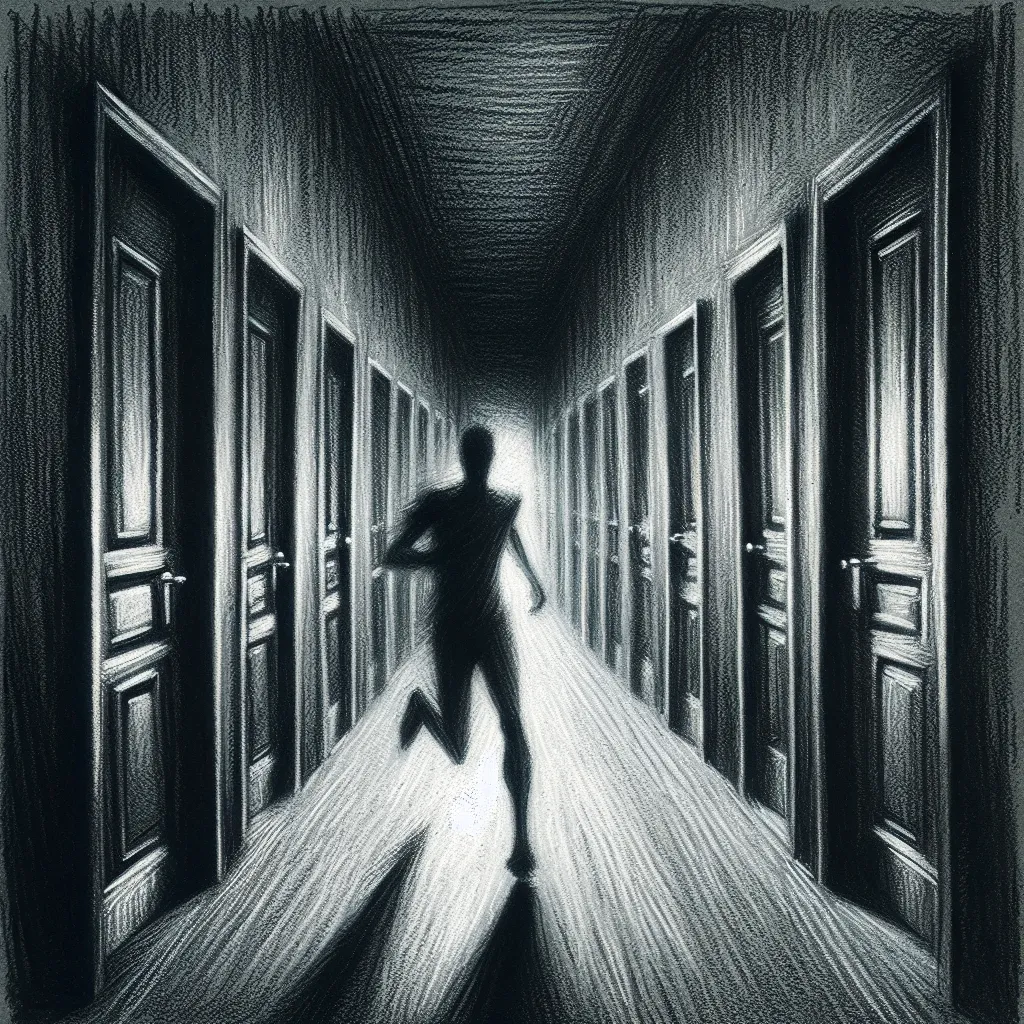
This show caught my attention because I have fond memories of a road trip with my wife, during which we listened to an audiobook of Recursion, by the same author, Blake Crouch. The common thread between these two stories, and what I suppose is the strength of the author, is a mind-bending, twisty sci-fi plot, featuring a character who is motivated by a specific kind of romantic love, that of loyal, long-term partners. It’s this latter emotional element that makes me a fan of his work.1
It’s an unfortunate consequence of marketing that one usually knows a bit about the premise of a show before watching it. As a result, the first few episodes of Dark Matter feel a little slow, because we already know the basic explanation for what’s going on. I think it would be cool to dive in completely fresh.
Having said that, I need to reveal some spoilers ahead to discuss what I enjoyed about the show.
During the middle episodes, as the protagonist Jason explores the many worlds of the multiverse, the question comes up: knowing that there are infinite variations of every person, where each one made different decisions in their lives, what defines the core of a person? By the end, as those infinite variations of Jason appear in the “home” world, the show answers the question in a fascinating, tragic way: he’s defined by his desire to be with his family, and the one copy that we’re rooting for just happens to have been the one that we’ve been following. They all have equal right to their happy ending, but they won’t be able to get it.

I’ve been selectively revisiting the X-Men series, which, as a whole, are known to be a mixed bag. At their best1, they’re great action spectacles that effectively explore the opposing philosophies of Professor X and Magneto. At their worst… well, I didn’t rewatch the bad ones, so I won’t comment.
These two entries, both directed by James Mangold, stand apart from the rest in the way that they zoom into the psychology of a single character. The Wolverine is the more conventionally comic-booky of the two, featuring ninjas and a cool bullet train fight scene. Logan doesn’t feel like a superhero movie at all, and lands more like a crime drama, with brutal violence that makes you feel every kill.
Both follow a similar emotional arc for the character: he’s a broken man, haunted by the past, until he finds someone to care for and protect. It’s especially effective in Logan, due to the compelling performance by Dafne Keen as Wolverine’s clone-daughter.
I have to say though, Wolverine’s lack of emotional range (99.5% brooding and angry, 0.5% vulnerable) is more noticeably one-note when he’s flying solo and not part of a team.
letterboxd links: 1 2
This film has a fascinating and unique premise: a family who has adopted a Chinese girl purchases an android with the same ethnicity—a cultural techno-sapien, as they call it—to act as her older brother, and to ensure that she has a connection to her heritage. But he malfunctions, and in the process of trying to repair him1, they gain access to his storage modules and are able to view his memories.
Due to the title, I don’t think it’s a spoiler to say that their efforts are unsuccessful, and the film becomes an emotional meditation on grief. When we lose someone close to us, we usually focus on our memories of them. This film uses the sci-fi premise to invert that idea and ask, what would the departed hold as their most treasured memories of us?
letterboxd link

According to my records, I’ve watched this film four times before this—twice in the theatre, as I recall—but not since 2011. But it feels like I’ve watched it many more times than that. It’s one of those movies where I can anticipate moments just before they happen: I can hear a line of dialogue before it’s spoken; I can see the framing of a shot before it’s cut to; I could even imitate the gestures of the actors before they moved, if I were the kind of person to fidget during movies.
I’m not going to say much more about the movie itself, other than that it holds up and remains one of my favourites. Rather, I’ll use this as an opportunity to reflect on how my media-consumption habits have changed. Inglourious Basterds came out in a time before streaming services and YouTube created this feeling that I always have something new to watch. Back then, I used to rewatch movies and shows (see also: Curb Your Enthusiasm) over and over again. Even if not the whole thing, I would pick out favourite scenes to revisit; for example, the best scene of this film, the chapter in the bar featuring M. Fassbender and D. Kruger.
I’m going to sound like a grumpy old man when I say this but it goes to show that less is more: less choice means that you can spend more time on the movies that you really love, and it’s through repeated viewings that your favourites becomes your favourites.
letterboxd link
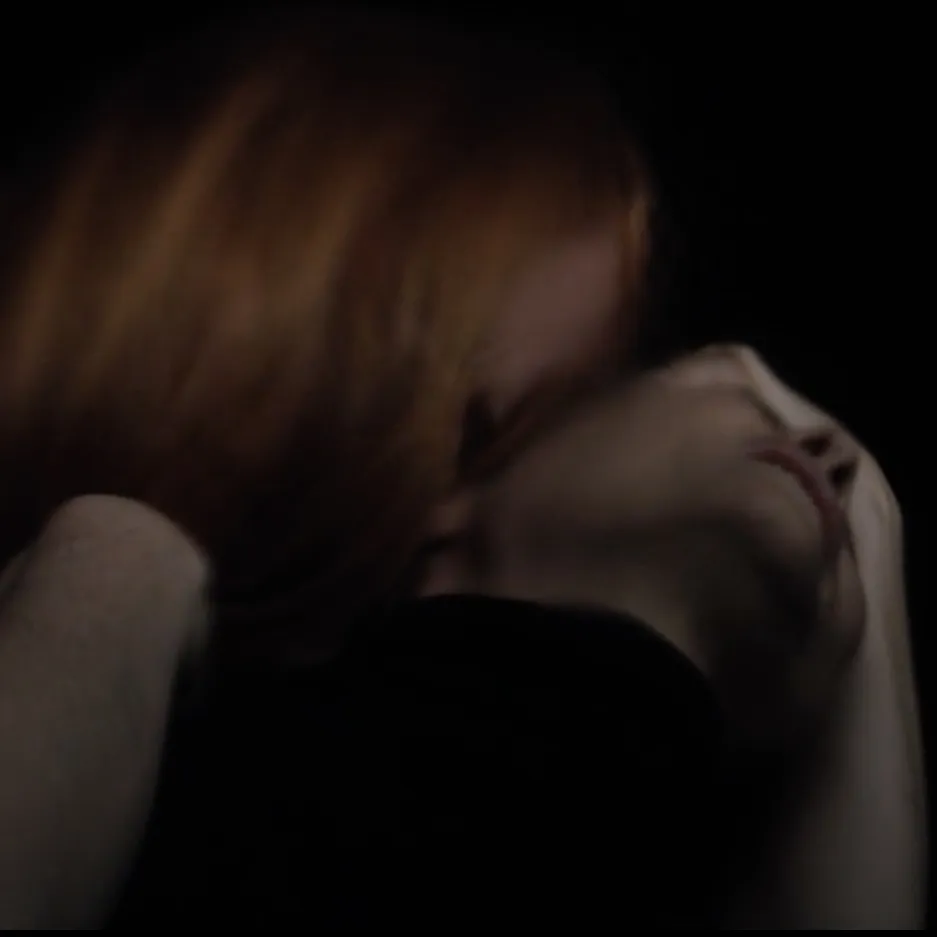
The character of Lydia Tár is like a fictionalized illustration of the debate that’s investigated in the excellent Monsters: A Fan’s Dilemma by Claire Dederer: can we separate the art from the (abusive, problematic) artist? Everyone has to answer that for themselves, and the movie is appropriately evasive about stating a definitive opinion.
It’s almost three hours long, but it flew by for me. Not that it’s fast-paced; in fact, there are many long jargon-filled dialogue scenes, especially near the beginning, where I didn’t even know what they were talking about. But it’s riveting precisely because of this: my mind was just working so hard to convince myself I’m smart enough to understand expert music theory that I could never get bored. Of course, Cate Blanchett’s charisma helps.
What I found most fascinating were the supernatural and almost horror-like aspects of the film. Tár is haunted by her dark deeds, and there are really mysterious scenes where this haunting becomes physically real. The most memorable shot for me was when she’s playing the piano, and then she suddenly startles and looks towards the camera as if someone is there, but we never see what she sees.
letterboxd link







